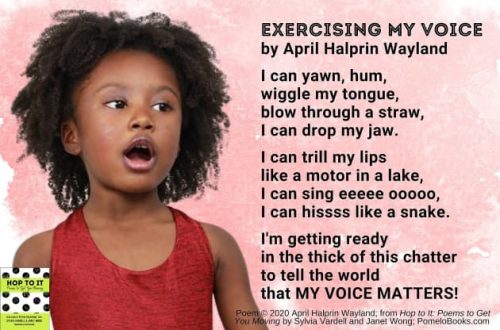What Does a Poem Need to Do?
Recently, I received the following poem by a High School student in southern Louisiana. Shailey’s excellent free verse poem is titled Standing.
Standing
Standing.
Scared.
Face is white.
Lips are parted.
I don’t even think he saw me.
I was looking for you, but
The door was locked
And I didn’t want to interrupt.
I love this poem. Let me explain why.
Let’s start with a simple question: What does this poem do? One of the most obvious answers: It describes a scene. And that scene provides clues to an emotional resonance beneath the surface. We can feel it, hear it, experience it, and yet it offers no clearly drawn conclusions. There is no illuminated lesson or thesis statement. Compare Shailey’s poem to The Summer Day by Mary Oliver which ends like this: “Tell me, what is it you plan to do with your own wild and precious life?” Oliver builds her poem toward this final question? Which has hidden within it an answer of sorts: Do something with your one and only chance.) But Shailey’s poem is not so direct.
Shailey’s poem prompts the reader to ponder what is happening and what has brought the poem’s characters to this point? Shailey’s poem leaves us with questions even though it hasn’t asked any—at least not directly. Who are the first four lines even about? Whom do they describe? The poem’s speaker (I)? The person being addressed (you)? Or the third person (he) whom the speaker references? It could be any of them. And what of the door? Was the speaker locked out? Or locked in? And is the door an actual door, or some sort of metaphor? Has the speaker walked in on something? Or is the speaker left outside? Whether the scene is real, metaphorical, or a bit of both, the poem’s emotional tone is left resonating. And that tone is somber and melancholy. And the use of past tense, implies that the speaker has been left with (at best) a troublesome memory, or (at worst) an emotional scar.
Shailey’s poem, Standing, is a reminder that poems needn’t be long to get the job done. They needn’t rhyme to be musical. And they needn’t explain themselves nor drive home a clearly drawn lesson. Sometimes it is enough that a poem makes us feel something.



